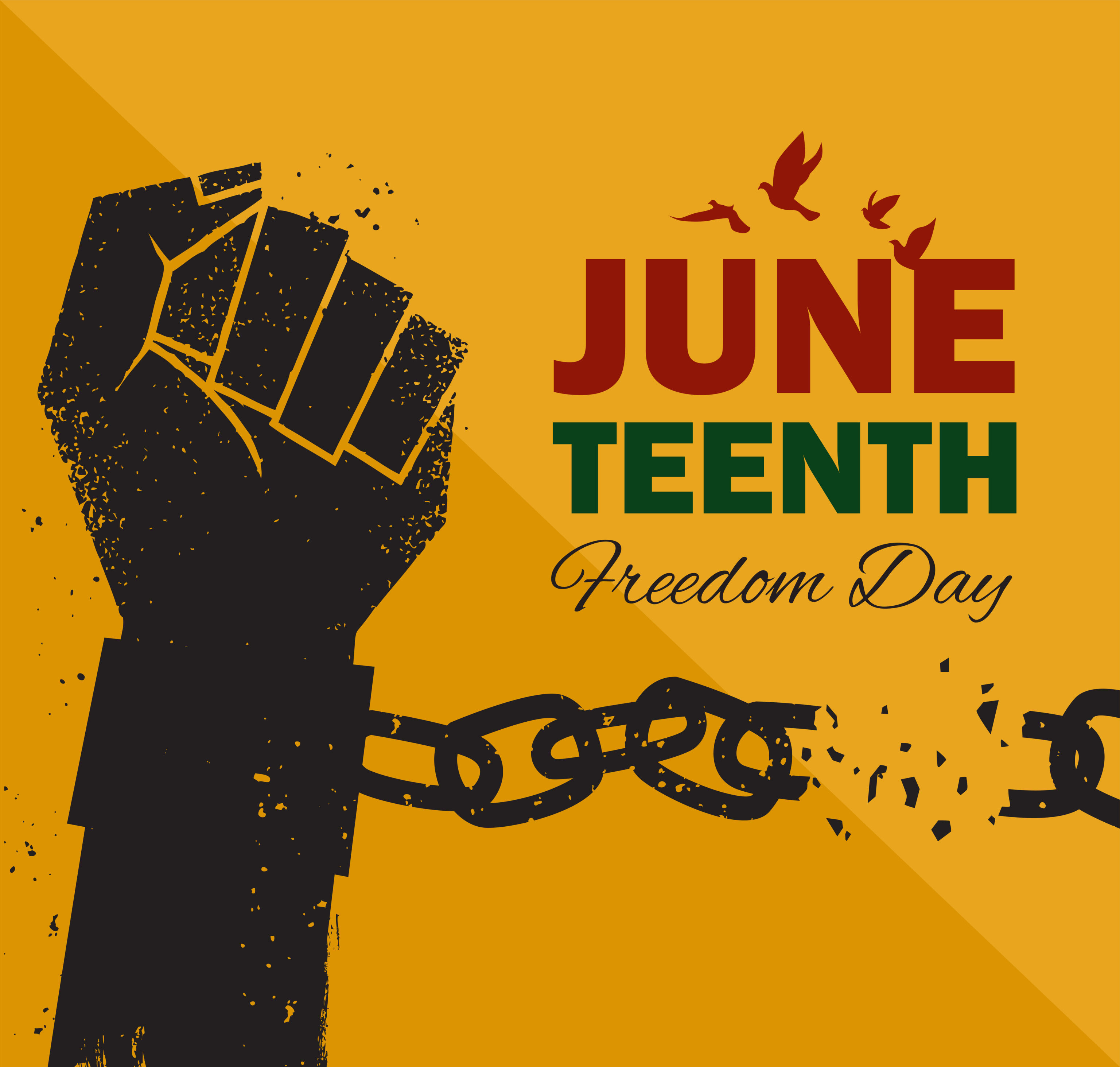Union soldiers, many of them Black, marched to plantations across the American South in 1863 and loudly read the Emancipation Proclamation. Slaves in Confederate states were free.
But not everyone was liberated promptly in places still under Confederate control. That included my home state of Texas, where Union troops didn’t arrive in force until June 19, 1865. That day 160 years ago, one of the key moments in the American story, came to be celebrated as Juneteenth.
Sadly, white hooded terrorists, Jim Crow laws and weak-kneed politics thwarted the joy of Juneteenth and halted the reparative rigors of Reconstruction. In the South, voters had elected many Black lawmakers after the Civil War. But white inside powers threw sand into the engine of liberty, and it took a century for the gears of progress to continue turning in places like Texas, and elsewhere. Oregon legislated punishment for Black settlers until 1926.
This is not just a story from the past. Historical factors still impact the Black community. In my living memory in small town Texas, Black citizens were expected to step aside when meeting up with white citizens on the sidewalks. That was combined with housing policy that curtailed Black home ownership, an injury to generational wealth.
In Portland, many Black working households were forced to live in the temporary housing development of Vanport, destroyed by a 1948 flood and never rebuilt, leaving the families with nowhere to go.
In recent decades, Black families have been nudged out of traditionally Black neighborhoods across the nation. Portland is no exception. In 2017, the city was ranked the fourth fastest gentrifying metropolitan area.
We at Catholic Charities of Oregon recognize these injustices and want to be part of the solution with our services and public advocacy. We’ll start by admitting that our agency itself has work to do to further racial equity. Blacks are underrepresented on our team of employees, and we really want that to change. We’ve launched diversity, equity and inclusion measures that touch on every one of our workers. We hope and pray these steps will make us a more welcoming place to workers of color, who have achieved amazing things despite engineered disadvantages.
May Americans continue to proclaim freedom like those soldiers 160 years ago. And then we must act to make it real.
Happy Juneteenth.
Natalie M. Wood
